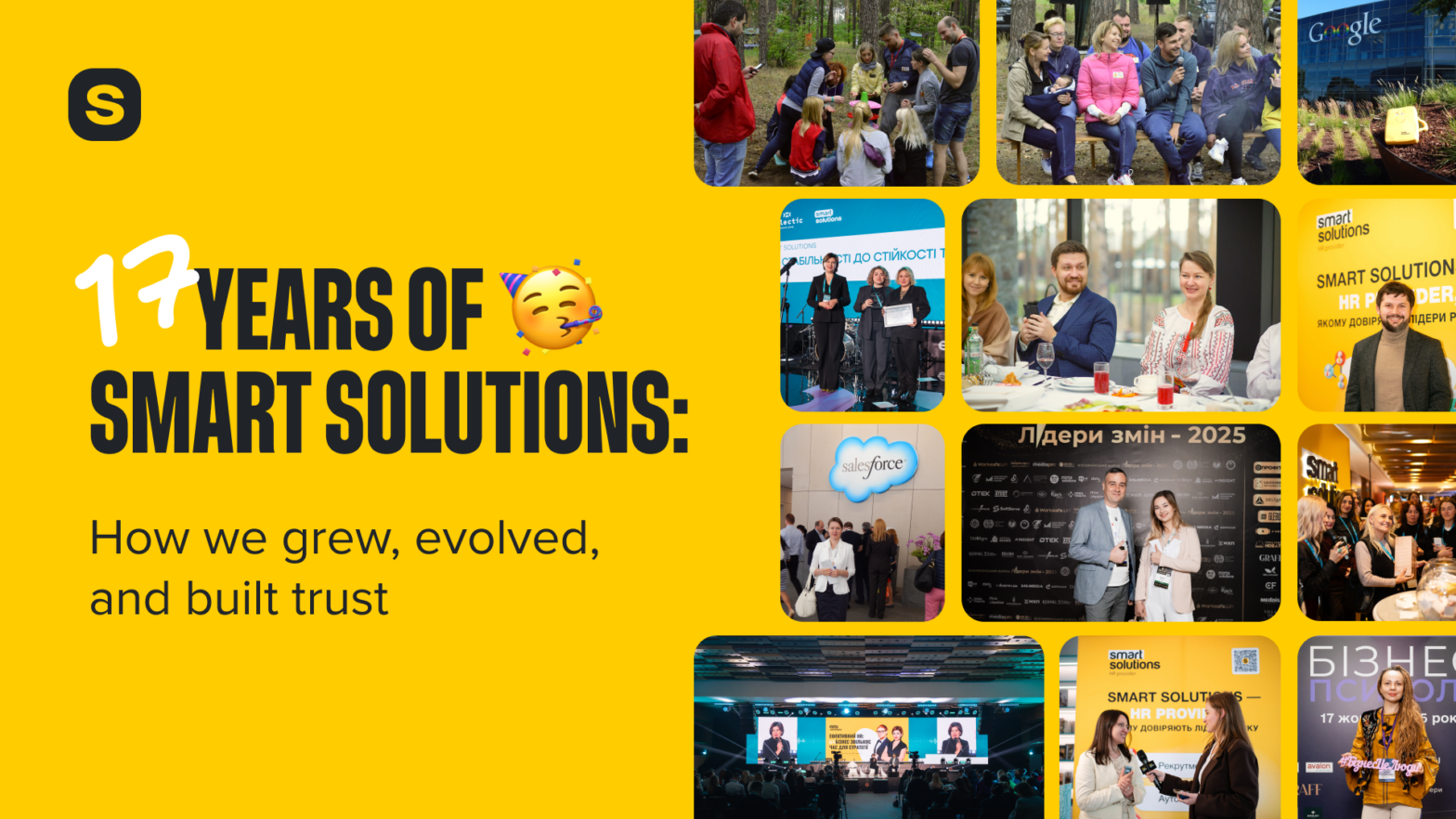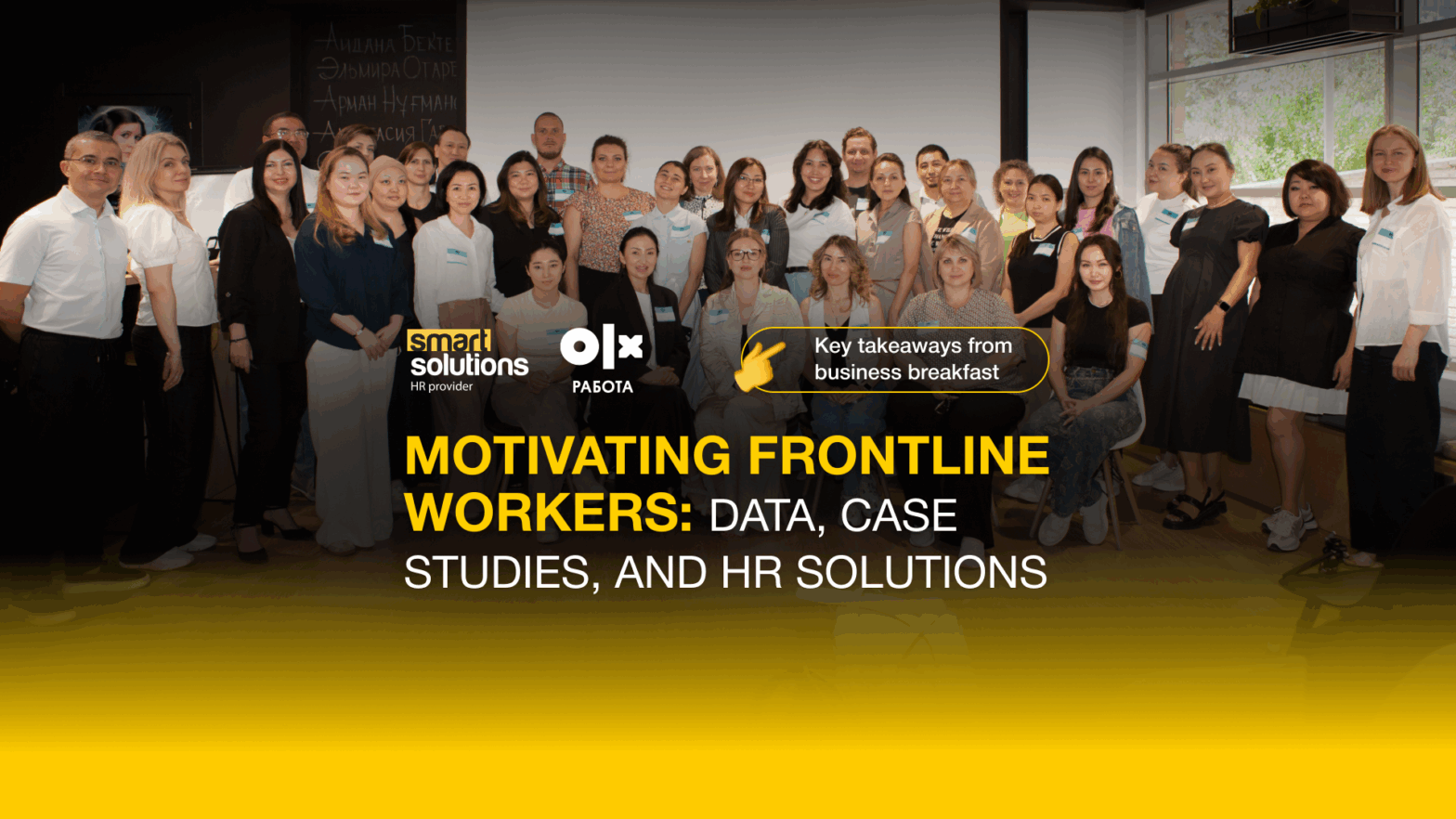
Key Soft Skills Employers Look For: How to Showcase Them in an Interview
It’s no secret that during the hiring process, employers are looking for candidates who possess not only professional skills but also the right personal qualities. Often, soft skills become the decisive factor in choosing candidates, so it’s important not only to mention your strong personal characteristics during an interview but also to provide practical examples.
What Soft Skills Do Employers Seek in Potential Employees?
Soft skills are a set of personal qualities and abilities that allow you to successfully perform your professional duties, depending on the position you are applying for. While hard skills are important for the quality execution of specific tasks, soft skills determine how effectively a future employee will work in a team, communicate with colleagues and clients, adapt to new situations, multitask, and more. Therefore, it’s crucial to develop and maintain a balance between hard and soft skills to increase your chances of landing your dream job and advancing in your career.
Let’s explore the most common soft skills that are frequently mentioned in job requirements and are highly valued by employers.
#1 Effective Communication
This is an essential skill for many professions, especially those that involve frequent interaction with people. Well-developed communication skills allow even specialists with minimal work experience to advance more quickly in their careers. Moreover, effective communication helps in interacting with colleagues, management, and partners, avoiding misunderstandings and conflicts, finding solutions to complex issues faster, and working more productively.
How to Demonstrate:
During the interview, express your thoughts clearly and concisely. Be confident and open to the interviewer. Listen carefully and ask questions that show your interest in the conversation. Demonstrate your ability to express your ideas and opinions clearly and confidently. Provide examples of successful communication in your previous roles.
#4 Flexibility and Adaptability
In today’s world of constant change—from technological advancements to shifts in the market and within companies—employers seek employees who can quickly adapt. Such individuals can effectively manage new challenges while minimizing negative impacts on their work. They excel in multitasking and unpredictability, are open to new ideas, interact better with colleagues, and adapt more quickly to new roles. This creates a harmonious and efficient work environment, fosters innovation, and improves the company’s products and services.
How to Demonstrate:
Share instances where you quickly and successfully adapted to changes. For example, describe a project where the requirements suddenly changed and how you responded to unstable circumstances. Provide examples of working on multiple projects simultaneously and how you switched between tasks with different priorities. If your company underwent significant changes (such as reorganization or the implementation of new technologies), explain how you successfully adapted and supported the company.
#5 Problem-Solving Skills
Solving complex problems requires creative thinking and the ability to find unconventional approaches. This stimulates innovation and the development of new ideas, leading to improvements in products, services, and work processes. Employees confident in their problem-solving abilities remain calm and stable in difficult situations, are better at managing risks, and can prevent potential issues. This skill helps identify and address threats in advance, minimizing their negative impact on the company’s operations.
How to Demonstrate:
Share a story where you had to solve a challenging problem under stress or with limited time. Describe how you handled the pressure and successfully completed the task. Mention instances where you took the initiative, identified a problem, and proposed a solution, demonstrating proactivity and a willingness to take responsibility. Practice structuring your answers using the STAR method (Situation, Task, Action, Result) to clearly showcase your skills.
Developing soft skills has become an essential part of a successful career. These skills not only enhance your professional appeal but also help you effectively interact with colleagues, handle new challenges, and contribute valuable insights to the company’s growth. Preparing for an interview with a focus on demonstrating your soft skills can be the decisive factor in landing a desirable job.













